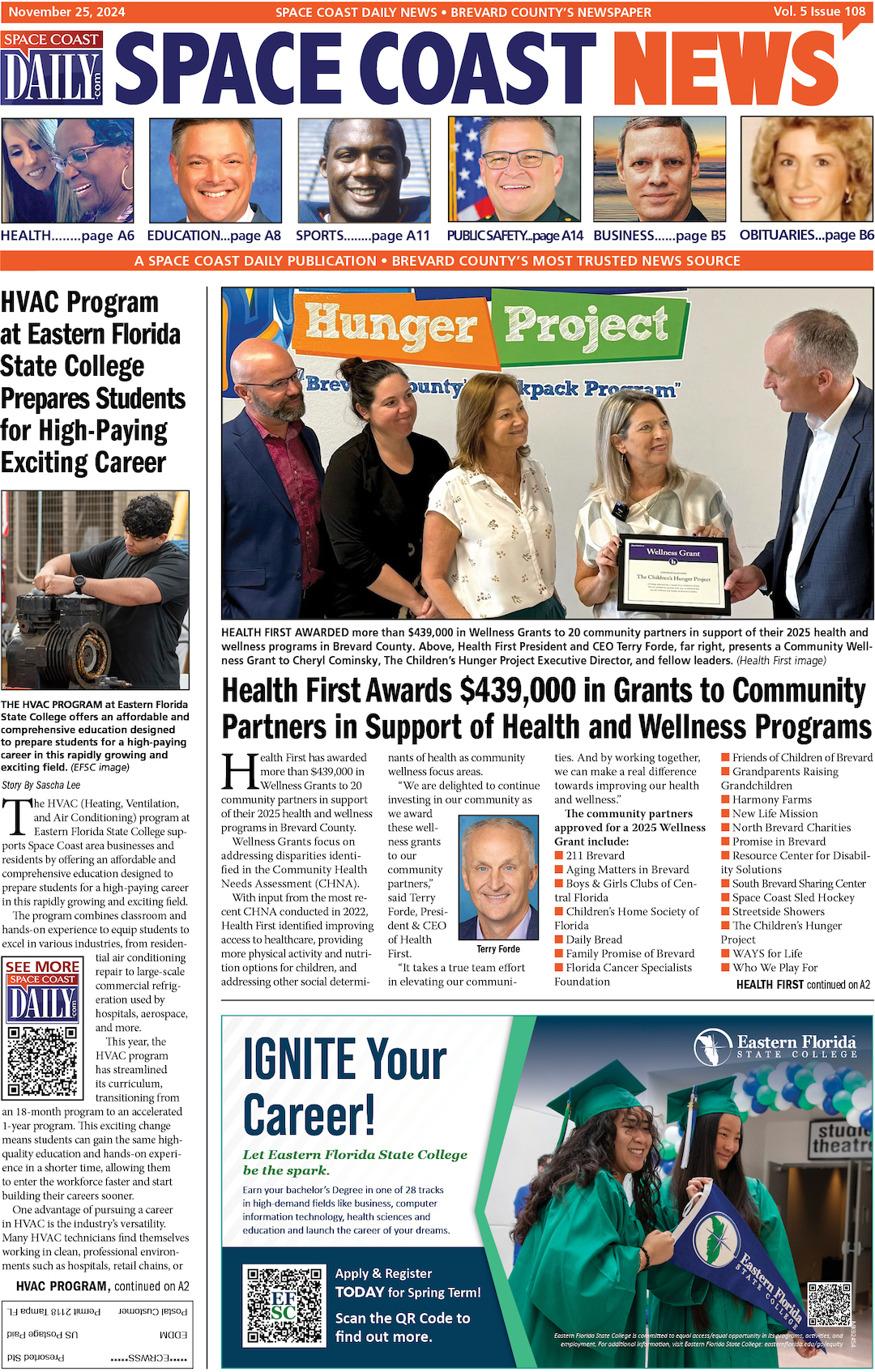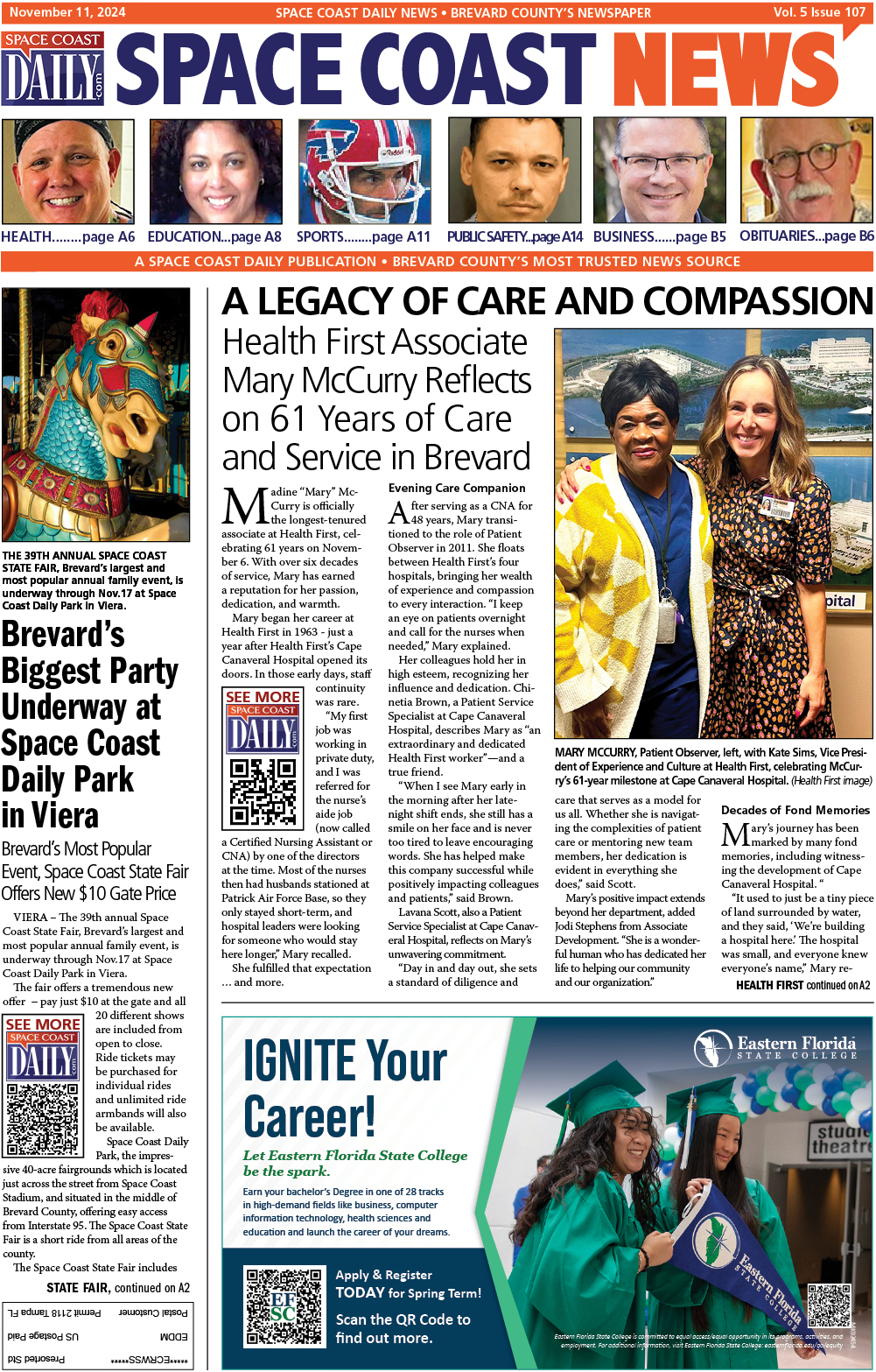Injunction Blocking Doctor-Patient Gun Law Lifted By 11th Circuit Court of Appeals
By Dr. James Palermo // September 4, 2015
U.S. CIRCUIT COURT OF APPEALS PAVES WAY FOR IMPLEMENTATION OF 'DOCS VS. GLOCKS' LAW
In July of 2014, a Florida law prohibiting doctors from talking with patients about gun safety was upheld by a three-judge panel in the 11th Circuit Court of Appeals in Atlanta, but an injunction blocking the law remained in effect.
 The 2-1 ruling overturned a June 2012 U.S. District Court ruling that struck down the state law, popularly referred to as the “physician gag law” or the “Docs v. Glocks law,” as a violation of physicians’ First Amendment rights.
The 2-1 ruling overturned a June 2012 U.S. District Court ruling that struck down the state law, popularly referred to as the “physician gag law” or the “Docs v. Glocks law,” as a violation of physicians’ First Amendment rights.
The measure, signed into law in 2011 by Gov. Rick Scott, prohibits doctors from asking patients about their gun ownership or recording that information in medical records unless it was medically necessary.
11th CIRCUIT COURT LIFTS INJUNCTION
In July of this year, the 11th U.S. Circuit Court of Appeals again ruled on the case, issuing a new ruling that lifts the injunction that had blocked enforcement of the law.
The judicial panel split 2-1 over the law with the majority of judges finding that the law is constitutional and doesn’t violate First Amendment speech rights of doctors.

Writing for the majority, 11th Circuit Court Judge Gerald Bard Tjoflat said the law takes into account a patient’s “relative powerlessness” in a physician’s examining room, and “simply acknowledges that the practice of good medicine does not require interrogation about irrelevant, private matters.”
His opinion further states, “The act codifies the commonsense conclusion that good medical care does not require inquiry or record-keeping regarding firearms when unnecessary to a patient’s care, especially not when that inquiry or record-keeping constitutes such a substantial intrusion upon patient privacy.”
OPPONENTS REQUEST FULL APPEALS COURT HEARING BEFORE LAW IMPLEMENTED
Opponents of the law last month asked the full appeals court to hear the case. If that request is rejected, the opponents indicated they will take the issue to the U.S. Supreme Court.
The law has effectively remained on hold during the lengthy, over four-year legal battle, and if the case ultimately goes to the U.S. Supreme Court, opponents contend the law should remain on hold.

However, Attorney General Pam Bondi’s office argued this week that a potential challenge at the U.S. Supreme Court should not prevent the state from carrying out a law aimed at restricting doctors from asking questions about patients’ gun ownership.
In a filing by Bondi’s office with the appeals court, the argument to keep implementation of the law on hold was rejected, declaring, “(Opponents) argue only that denying a stay would ‘impair the doctor-patient relationship,’ and would ‘eliminate — or at the very least sharply limit—doctors’ standard practice of preventive medicine. But they offer only speculation that this would occur.”
PHYSICIANS: LAW INTRUSION INTO DOCTOR-PATIENT RELATIONSHIP AND VIOLATION OF 1ST AMENDMENT
Merritt Island pediatrician and past president of the Florida Pediatric Society (the Florida chapter of the American Academy of Pediatrics [AAP]), Dr. Lisa Cosgrove wrote in an August 2011 Space Coast Medicine & Active Living magazine op-ed, “Ultimately, the bill will infringe on the patient-physician relationship, increase government intrusion in the practice of medicine, and decrease the safety and health care of Florida’s children.
The bill is an unnecessary intrusion into the physician-patient relationship as privacy regarding patient visits is currently covered under national law through the Health Insurance Portability and Accountability Act. Because of the existence of HIPAA, no law is needed.”

Dr. Cosgrove goes on to say, “During a visit, several aspects of the home are discussed, including swimming pools, hazardous chemicals, smoke detectors, medications, and firearms. Answers to these questions help parents protect their child from multiple forms of harm.”
The lone dissenter on the 3-judge panel, Judge Charles R. Wilson, said gun violence is a serious public health issue and that the Florida law “significantly infringes” upon a physician’s valid reasons to raise gun safety concerns with patients.
“Simply put, the Act is a gag order that prevents doctors from even asking the first question in a conversation about firearms,” Wilson wrote.
“The Act prohibits or significantly chills doctors from expressing their views and providing information to patients about one topic and one topic only, firearms. Regardless of whether we agree with the message conveyed by doctors to patients about firearms, I think it is perfectly clear that doctors have a First Amendment right to convey that message.”
STRONG DISSENTING OPINIONS MAY SET UP SHOWDOWN IN FULL APPEALS COURT OR POSSIBLY THE U.S. SUPREME COURT
This is not a black or white issue. Both camps make very legitimate arguments, but this last U.S Circuit Court ruling seems to pave the way for the law to be implemented without further delay.
Nevertheless, opponents of the law are still adamant about pursuing full U.S. Circuit Court of Appeals deliberation, or taking it to the U.S. Supreme Court for final ruling.












